The driveway is probably one of the home's most used and abused parts. Many homeowners looking to use brick pavers for their driveways often wonder if they should be sealed. We looked into this issue and took the time to research your answers!
Generally speaking, you can leave a brick driveway unsealed, and it will last for a while. However, if you want your brick driveway to look like new all the time, a good brick paver sealant is necessary. Brick driveways that are sealed last longer and look better maintained in the long run.
Deciding whether you wish to seal the brick pavers of the driveway is an important decision you'll have to make. In this post, we will discuss the possibilities that can happen to an unsealed driveway, and we also have some tips to share with you about maintaining them. So keep reading this post to learn more!
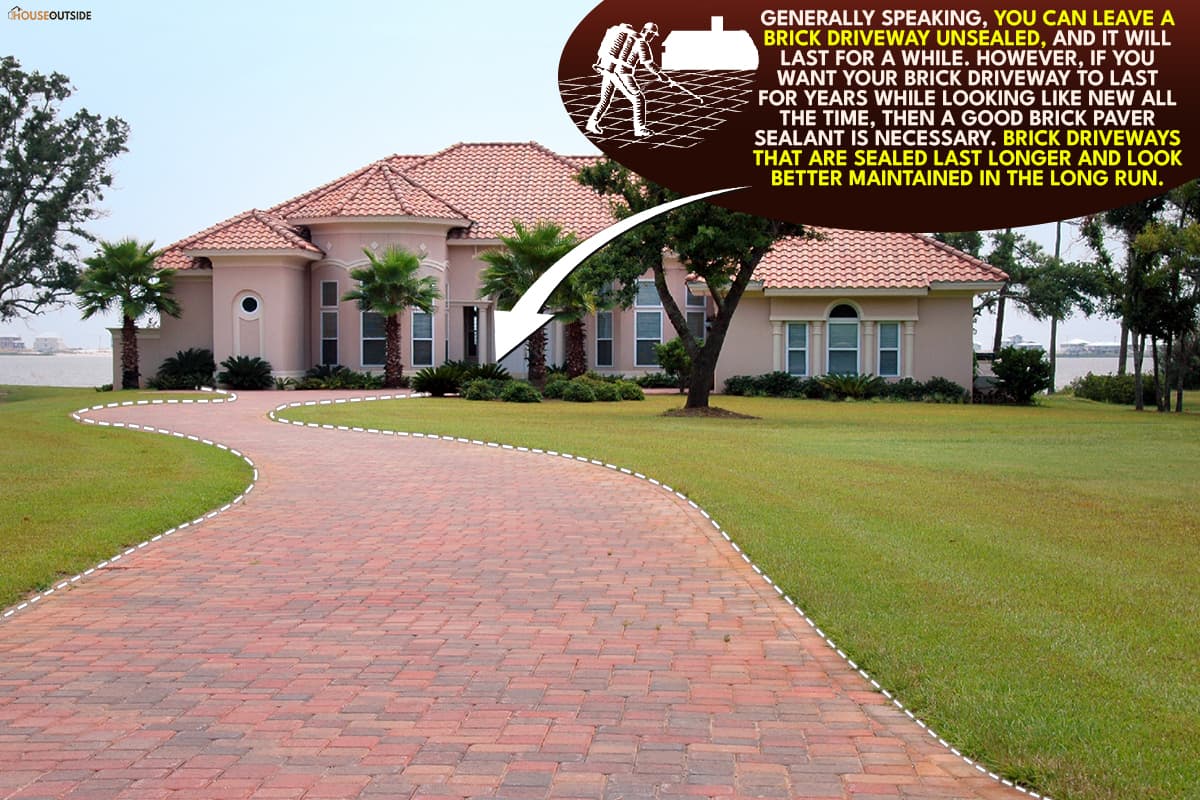
Should Brick Driveways Be Sealed?
Choosing the right driveway is possibly one of the most difficult decisions homeowners have to make. Driveways can be made from many different materials, but one of the most popular choices for many homeowners is brick.
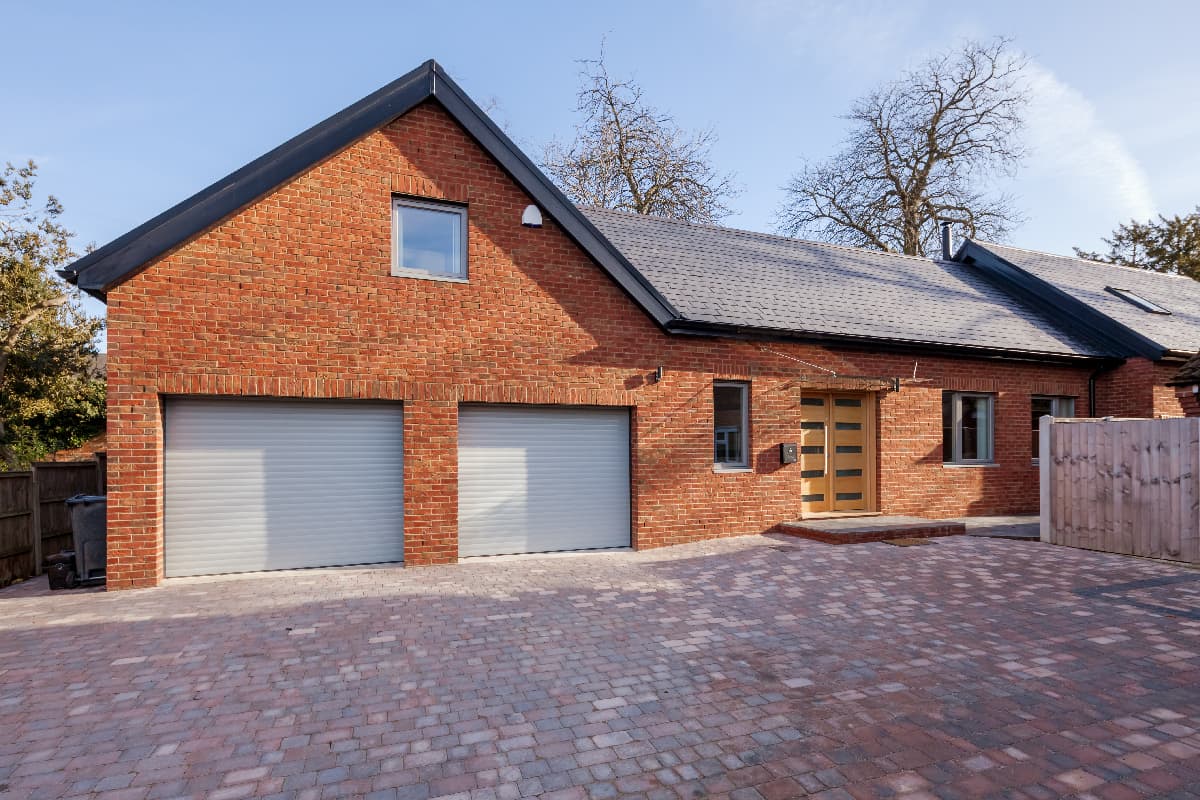
Brick pavers are an excellent choice for many home driveways. When properly installed, brick pavers create a beautifully smooth driveway surface. Clay bricks are usually the standard choice because they are affordable and they can stand up to normal wear and tear and moderate weather.
If you are looking for a brick driveway for your home, do note that it's a good idea to have them sealed. While brick driveways will survive without a sealant, they won't last as long as a sealed surface. A sealed brick driveway is better protected from wearing down faster.
What Happens If You Don't Seal The Driveway?
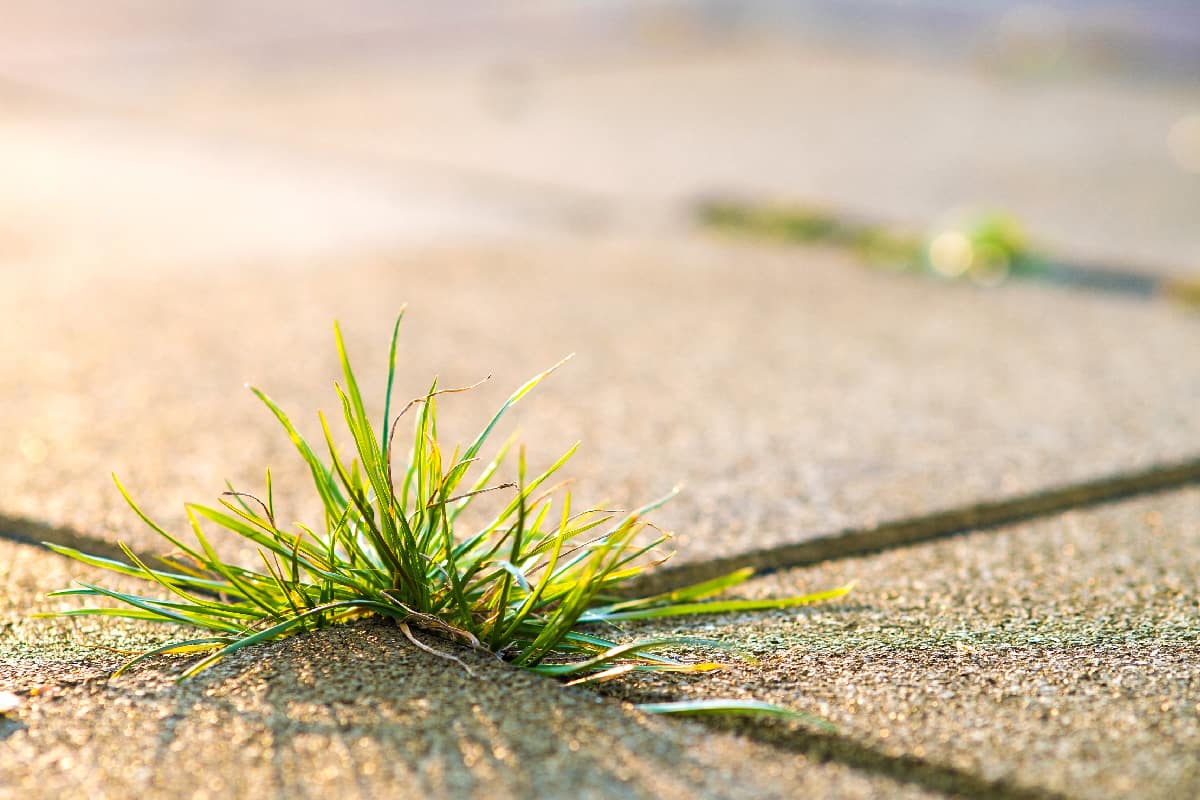
Generally speaking, brick pavers will do well without sealing. As long as the pavers are laid out correctly, and the joint sand has filled in all the gaps, you should be able to use the driveway immediately. However, there is a very big difference when brick driveways are sealed.
Brick pavers are prone to erosion, weed growth, debris or mold buildup, and discoloration. Without the sealant, brick pavers wear easily, and the harsh and consistently changing elements break them down. This will make maintaining the driveway a lot harder than it should be.
Driveways that are not sealed are also prone to loosening and sand erosion. Water can easily penetrate the joint sand and erode it faster than a sealed driveway. Loose pavers will need to be re-sanded immediately, and this can cost you more than having the driveway sealed regularly.
How Often Should A Driveway Be Sealed?
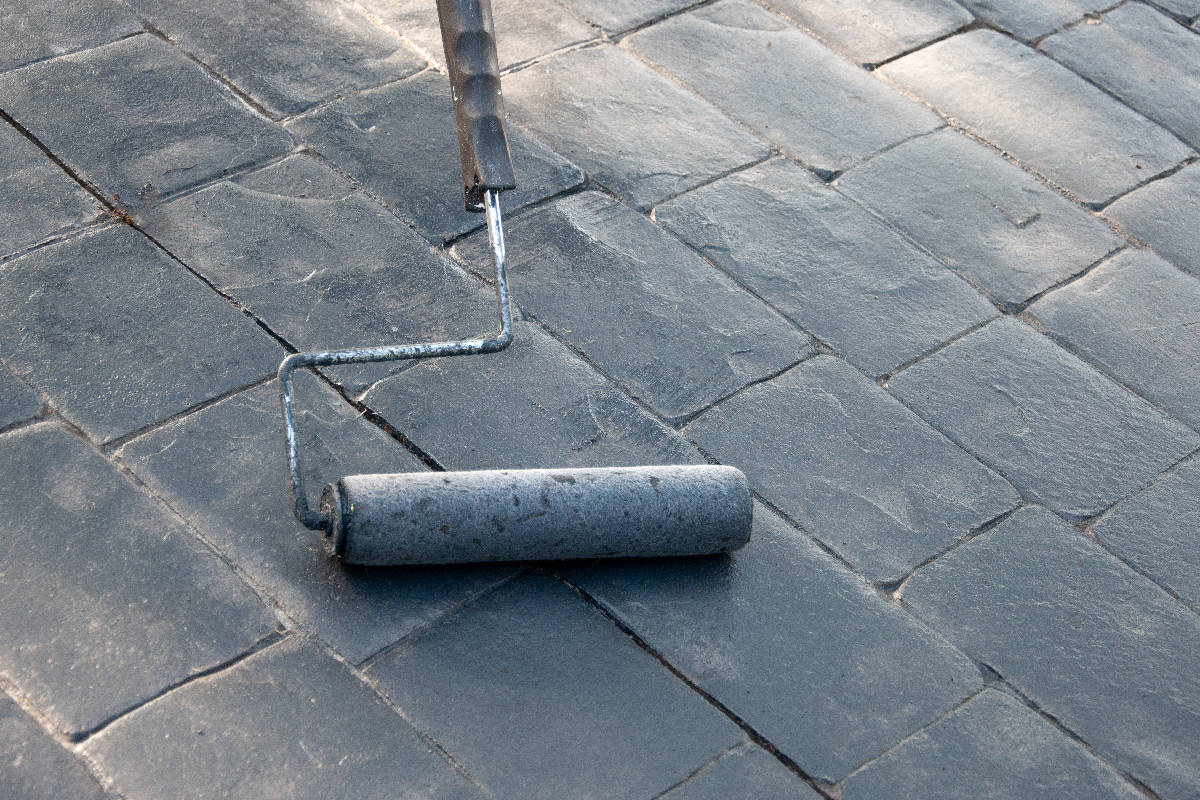
The basic rule of thumb on re-sealing pavers is every 3 to 5 years. By this time, your pavers will have undergone numerous weather conditions and wear from vehicles passing over every day. The layer of sealant you have initially put will most likely be stripped off by then.
If you often pressure wash and scrub your brick driveway, you also remove bits of the old sealant. Consider resealing your driveways every time you clean if you're a very exuberant scrubber; otherwise, the clay will peel or flake without the use of appropriate sealants.
After a few years, you'll also notice that your driveway pavers may have shifted or loosened a little. When this happens, consider re-jointing the pavers with more sand and resealing them after. This will give your driveway a new look for the next few years.
Are There Different Sealants For Brick?
Just like the type of pavers you can use for your driveway, there are different types of sealants that you can use on brick. The most popular brick sealants are water-based, waterborne, or solvent-based.
Check out this water-based paver sealer on Amazon.
Water-based sealants come in two kinds. Some sealers penetrate the surface of the pavers. These sealants will then form a protective barrier on the clay bricks to protect them from stains and damage. On the other hand, film-forming sealants form a thin protective film coating on the paver surface.
Get this solvent-based sealer on Amazon.
Another option you can use on brick driveways is solvent-based sealants. These paver sealers are great at resisting stains and fading. Unfortunately, this option is not the most eco-friendly product on the market because they tend to leech harmful chemicals on the ground.
What Should You Look For In Brick Paver Sealants?
Many brick paver sealants are available on the market today. With so many choices, it can be quite hard to decide which one is the most suitable to use in your driveway. To find the right kind of sealer for your driveway, we've compiled a list of the things you should consider.
1. Finish
When applying brick paver sealer, the final look of the driveway will depend on the finish of the applied sealer. After it has thoroughly dried and cured, the driveway's surface will have different finishes, depending on your chosen type.
Brick paver finishes can be broken down into several categories. There are matte and natural-looking penetrating sealers. You can also find low-gloss, high-gloss wet-look, and satin finish sealers.
2. Non-slip Surface
Depending on the type of sealer applied to the brick paver, the driveway's surface can create a slippery surface when wet. This typically happens to high-gloss wet-look finish sealers.
When choosing a sealer for your driveway, don't forget to consider the grip on the driveway's surface. Since people will be walking on it and cars traverse through the driveway daily, the surface should be non-slip to prevent accidents.
If you'd like to use a high-gloss finish for your driveway's pavers, consider adding a non-slip additive to the sealer. Non-slip additives work with film-forming sealers, creating a textured grip on the surface while retaining the high-gloss wet-look finish of the sealant.
3. Cost
Of course, not all paver sealants are created equal. Some types of sealers are more expensive than others, depending on the quality of the sealant. You'll also have to calculate the total area of the driveway because a big driveway can drive up the sealant cost.
Aside from these considerations, brick pavers also have different absorbency levels. Some bricks can be highly porous, so you'll have to use more sealant on them. This means that you should expect to prepare more sealant than usual.
4. Penetration
Specific kinds of sealants go deep into the brick pavers and fill holes and spaces in between. These are penetrating sealers, and they protect the substrate material from eroding too quickly. They also prevent dirt, debris, and insect damage from further damaging the substrate of the pavers.
5. Drying time
Most brick paver sealants will be completely dry after 24 hours. Some sealants can even get dry in a shorter time. The sealant's drying time greatly depends on the climate of the place you are living in.
While the drying time of paver sealants is relatively short, curing is a whole different process that takes longer than your usual 24 hours. Fully cured sealers completely harden and become resistant to damage and erosion anywhere from 7 to 30 days from application.
6. Life expectancy
As discussed earlier, most brick paver sealants will last anywhere from 3 to 5 years. However, maintenance practices, daily traffic, and exposure to elements will affect the reliability of these sealants. The longevity of your driveway's sealant will be shortened due to these conditions.
Consider using a film-forming sealant if your brick driveway is already showing signs of aging and wearing. These sealants are great at concealing worn-out brick surfaces and marks from aging. This is great if your brick driveway comes about 10 to 15 years since it was installed.
Final Thoughts
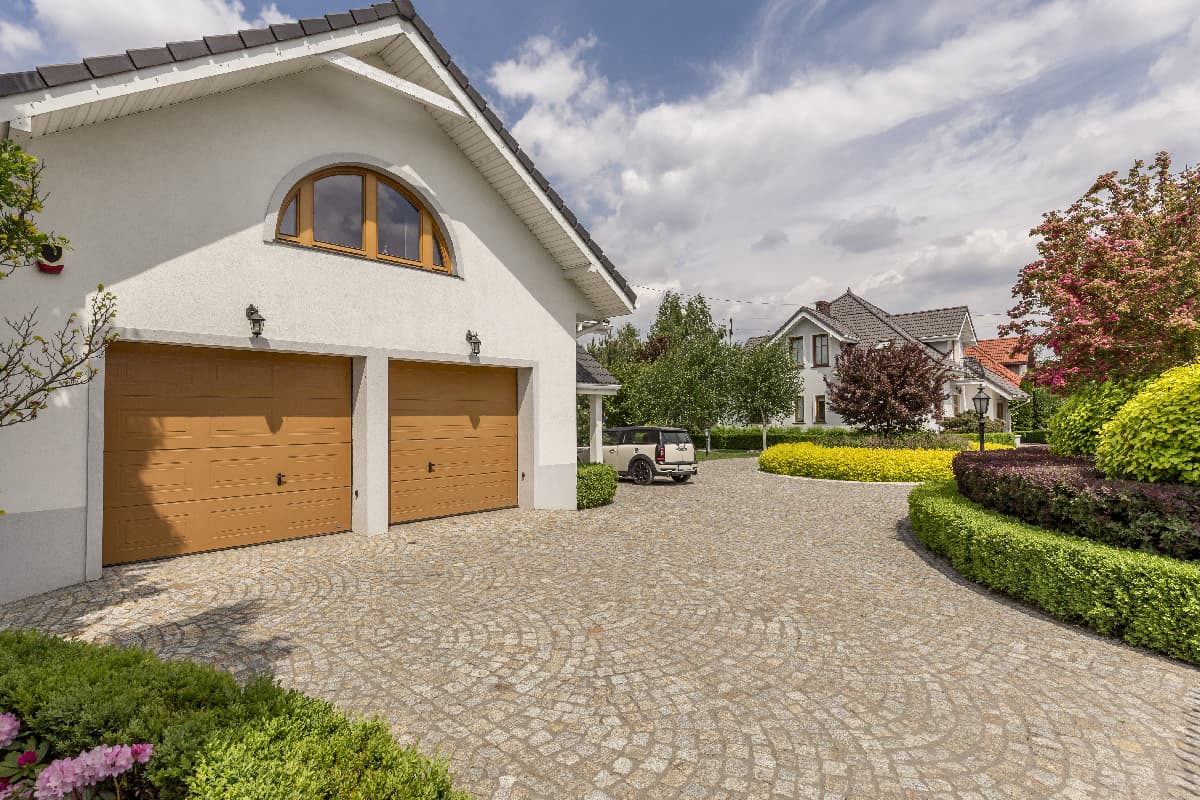
Choosing a brick driveway for your home will give it a timeless, elegant look that will last you for a very long time. With the right brick and sealant, these driveways can last for years, looking brand new every time. All you need to do is to maintain them regularly, and your home will always have that curb appeal.
Are you looking for other house improvement ideas for your home? We've got some articles that might interest you:



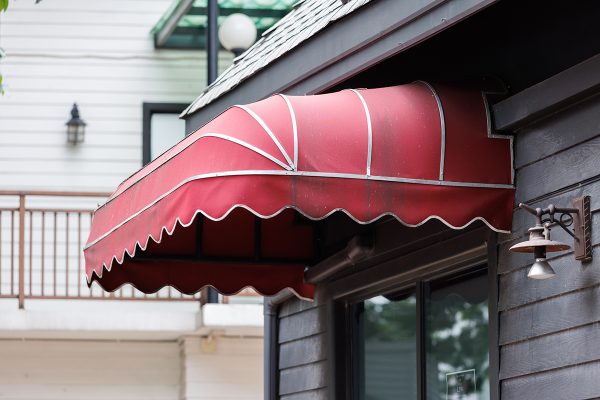
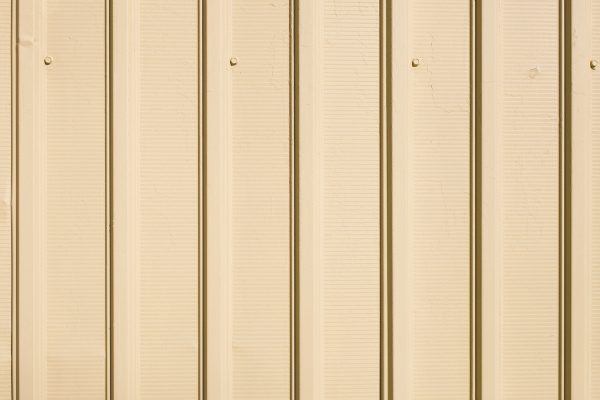
![Roof Gutter Cleaning Tips. Clean Your Gutters. Gutter Cleaning., Do Gutters Smell? [And What To Do About It]](https://houseoutside.com/wp-content/uploads/2022/10/Roof-Gutter-Cleaning-Tips.-Clean-Your-Gutters.-Gutter-Cleaning.-600x400.jpg)